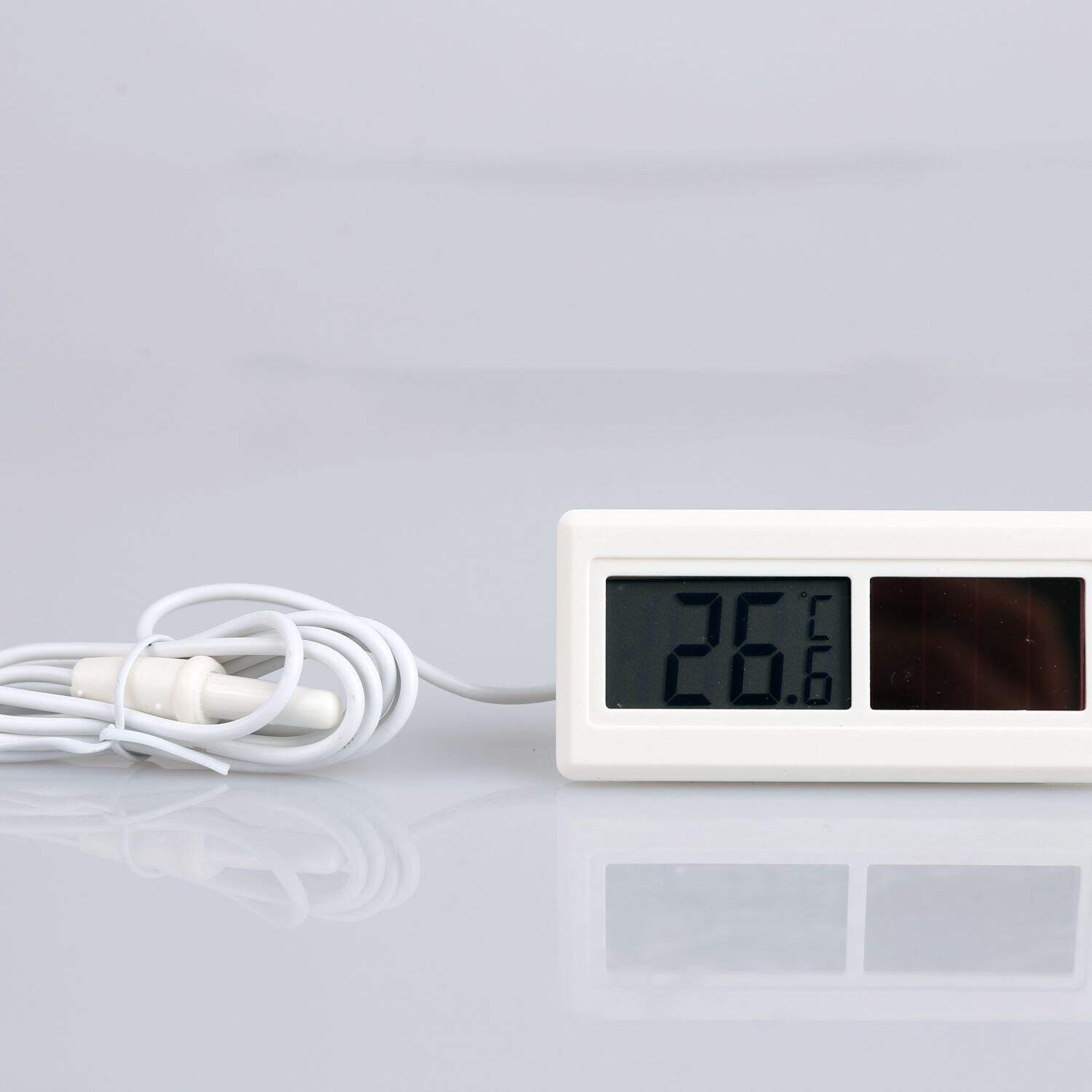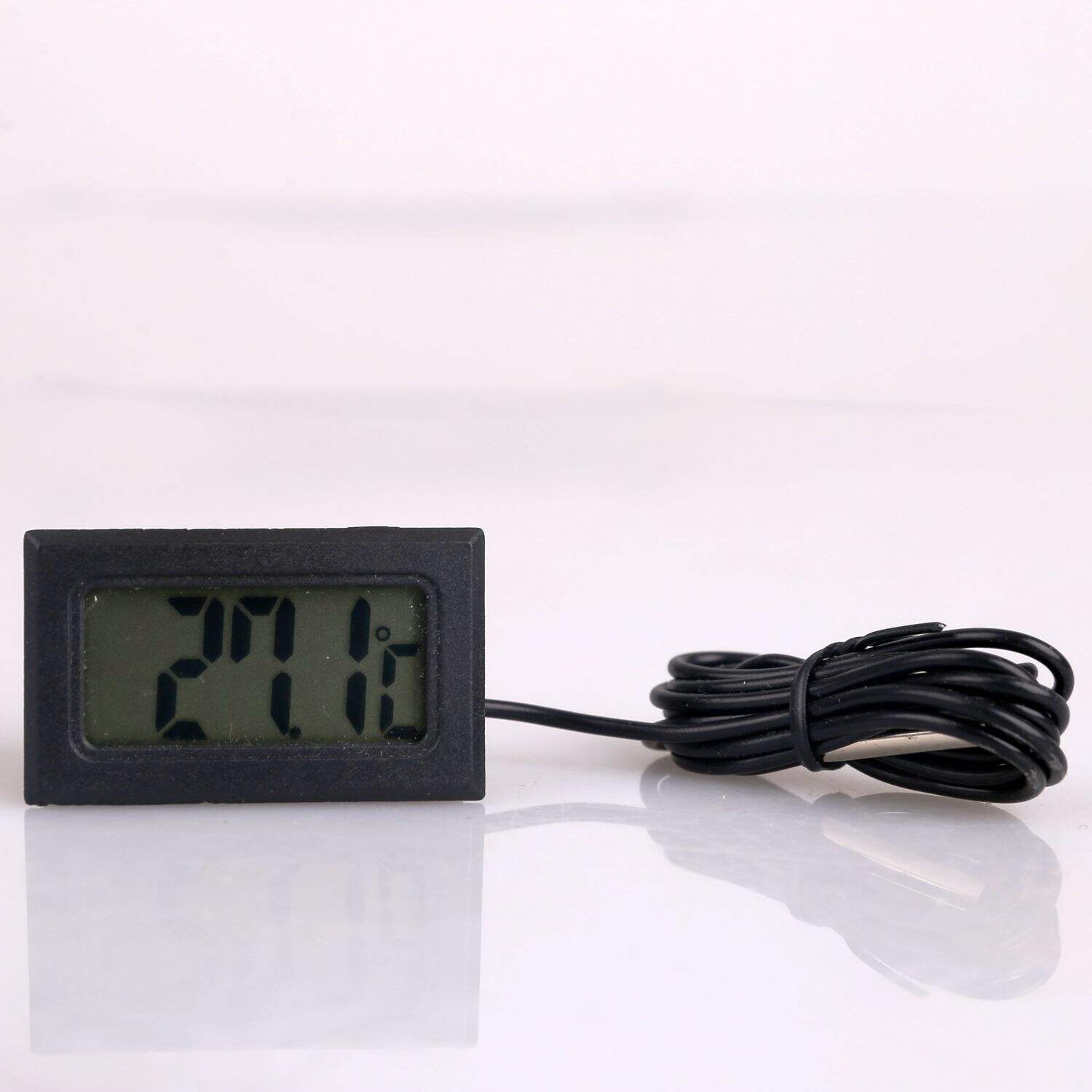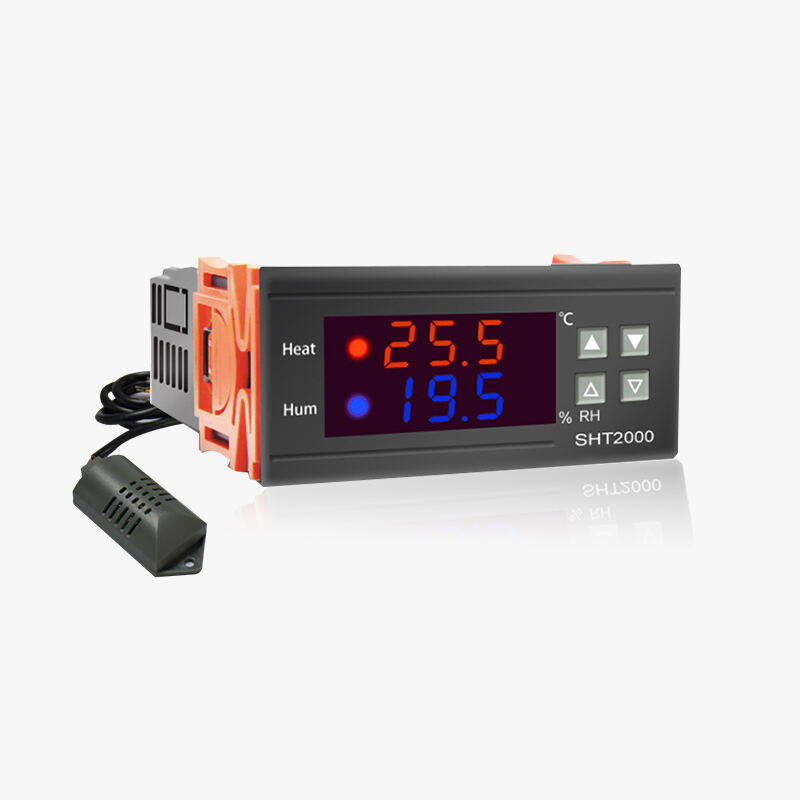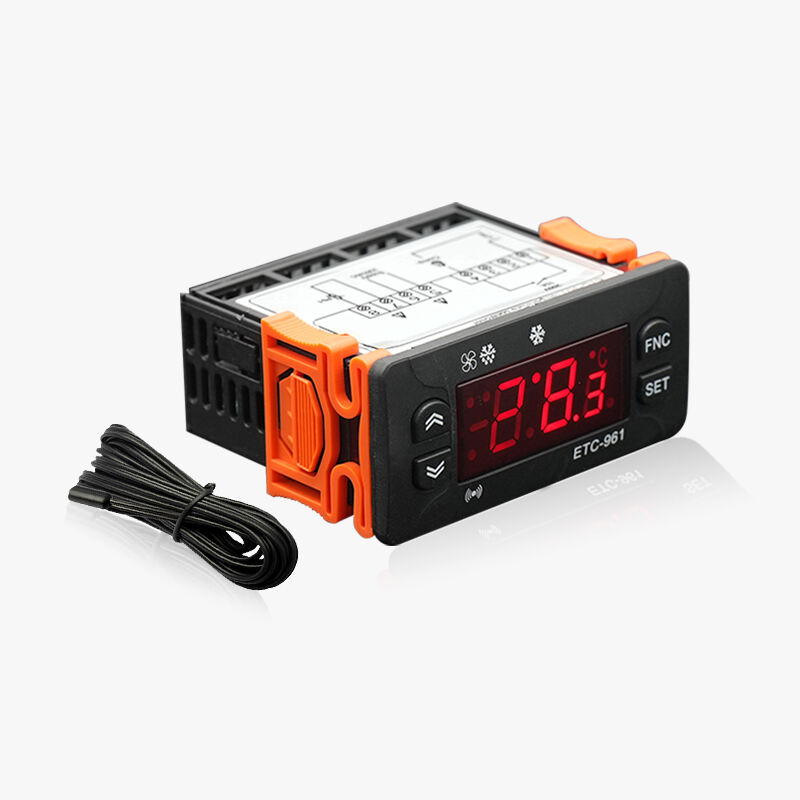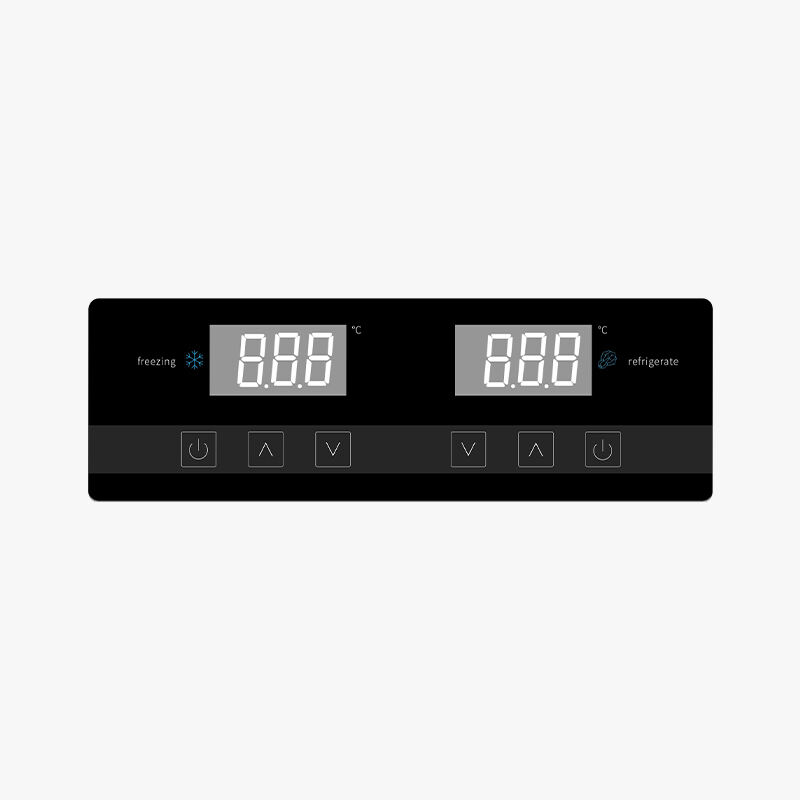Advanced Temperature Control Precision
The digital refrigerator temperature controller excels in maintaining precise temperature control through its sophisticated microprocessor-based system. This advanced technology enables temperature regulation with an accuracy of ±1°F, ensuring optimal conditions for stored items. The controller employs a dynamic feedback mechanism that continuously monitors temperature variations and adjusts system operation accordingly. This precise control is achieved through intelligent algorithms that analyze temperature patterns and optimize compressor cycling. The system's rapid response capability allows it to quickly adapt to environmental changes or door openings, maintaining stable temperatures. The controller's high-resolution temperature sensing and digital processing eliminate the drift and calibration issues common in traditional analog systems. This level of precision is particularly valuable in applications requiring strict temperature control, such as pharmaceutical storage, food service, and laboratory environments.

